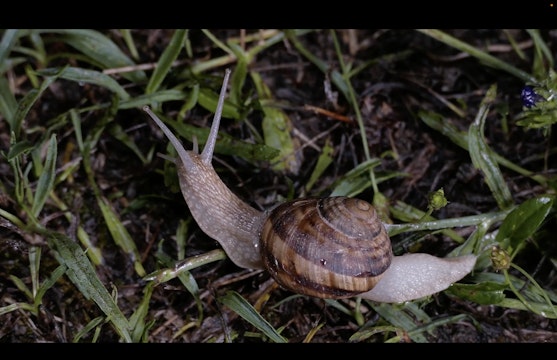Collective Wandering
We took a walk through the Lange Erlen…
We took a walk through the Lange Erlen…
… an 180 hectares forest that traces a part of the German-Swiss border in the northern part of the city of Basel, where several groups of people were having picnics, playing badminton, volleyball… A few steps further, you can see the No border café.
The No Border Café, open every Sunday, acts as a shelter for all, with the asylum seekers from the adjacent refugee camp being its primary guests. During their usually around 5-month stay in the camp, the asylum seekers usually visit the café before moving on or being moved elsewhere. Hailing from diverse countries, there are no set groups, although Kurdish and Afghan individuals are frequently present. Depending on the political climate, people from various other nations come and go. Language forms a barrier, yet communication thrives through shared moments, smiles, and helping each other with café tasks. Each person at the café carries a story woven with intense moments of survival and loss.
We were able to talk to some Persian-speaking individuals since it was a language one of us shared, and we discovered some of their stories and emotions.
Initially, an Afghan woman shared that she has been here for five challenging months with her two sons. Her heartache arises from having family back in Afghanistan. Despite attempts to stay connected through calls and chats, it's a poor substitute for the deep longing she feels.
Another Afghan woman, who has been here for just 16 days, visited the café for the first time. She's happy to engage with others but has faced separation from her brother due to a transfer from another camp. Her yearning for her homeland emerges in the soft murmurs of Afghan songs, a poignant echo of her longing for her culture.
Then there's the Afghan man, a Basel resident of five years, who finds comfort in this café. His family resides in Iran, a separation borne from differing choices about leaving the country. When asked about his outlook on life, he painted a stark picture : emotions don't have a place in his worldview. Life continues, whether in happiness or sorrow, in chaos or calm. However, he finds solace in nature, where fleeting moments of joy often surface.
Amidst these encounters, there was a silent yet profound connection with a Kurdish lady. Unable to converse, our interaction was simple : smiles, greetings, and exchanged gestures, a testament to the universality of human emotions that transcend language barriers.
Throughout these encounters, one undeniable truth prevails : the resilience and grace with which these individuals navigate life's adversities. In this fleeting oasis, amidst uncertainty and transience, they find a momentary liberation. A semblance of freedom from the confines of their everyday struggles.
The No Border Café stands not just as a physical space but as a metaphorical beacon : a symbol of hope, unity, and the boundless potential of human connection that transcends borders, languages, and hardships. It's a reminder that within the shared experience of being human, there exists an innate capacity for understanding, compassion, and solidarity.
The audio montage captures our time spent at the No Border Cafe : conversations with Persian speaking asylum seekers, interviews with a No Border Cafe collective member, and songs played by Afghan boys.



